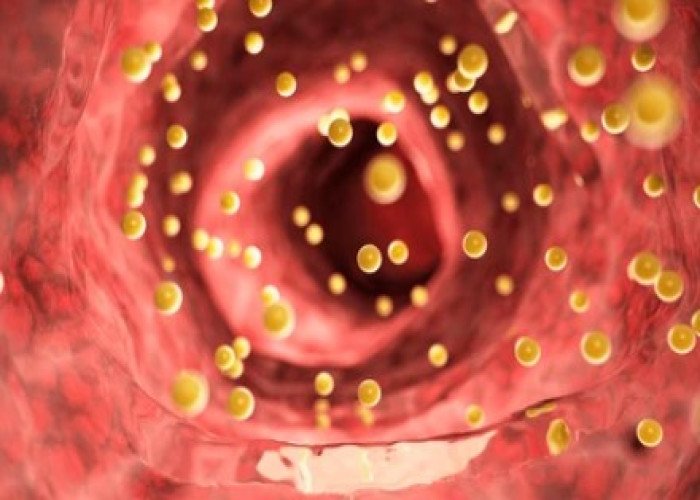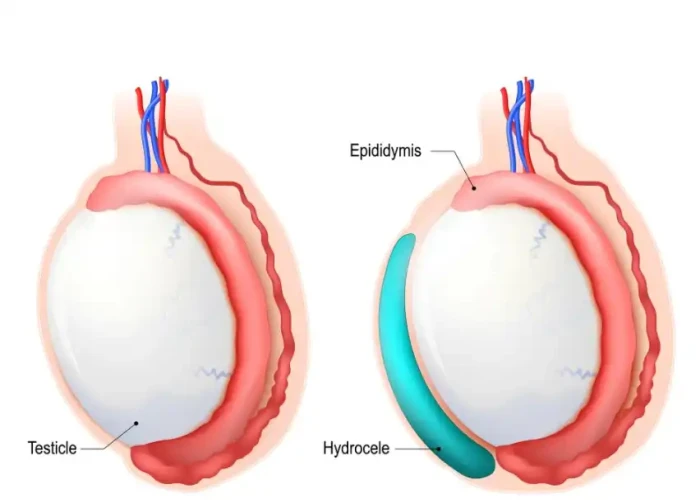 Welcome
Welcome
“May all be happy, may all be healed, may all be at peace and may no one ever suffer."
Impotence - Yoga remedies
Impotence, also known as erectile dysfunction (ED), is a condition where a man is unable to achieve or maintain an erection during sexual activity. It can be a frustrating and distressing condition for those affected.
There are several factors that can contribute to impotence, including:
- Physical factors: These can include heart disease, high blood pressure, diabetes, obesity, and certain medications.
- Psychological factors: These can include anxiety, stress, depression, relationship problems, and performance anxiety.
- Lifestyle factors: These can include smoking, alcohol consumption, drug use, and lack of exercise.
Treatment for impotence depends on the underlying cause. For physical factors, treating the underlying condition may improve erectile function. Lifestyle changes such as quitting smoking, reducing alcohol consumption, and increasing exercise can also help.
Psychological factors may require therapy or counseling to address underlying emotional or psychological issues.
Medications such as sildenafil (Viagra), tadalafil (Cialis), or vardenafil (Levitra) can help improve erectile function by increasing blood flow to the penis. These medications should be prescribed and taken under the supervision of a healthcare provider.
In more severe cases, surgical options such as penile implants may be necessary.
Prevention of impotence involves maintaining a healthy lifestyle, managing underlying medical conditions, and seeking help for emotional or psychological issues that may contribute to the condition.
In summary, impotence or erectile dysfunction is a condition where a man is unable to achieve or maintain an erection during sexual activity. Treatment depends on the underlying cause and may include treating underlying medical conditions, lifestyle changes, medications, or surgery. Prevention involves maintaining a healthy lifestyle and seeking help for emotional or psychological issues that may contribute to the condition. If you are experiencing impotence, it's important to consult with your healthcare provider for proper diagnosis and treatment.

Colon inflammation

Insomnia

Hydrocele

Bile colic

Bad thought

Colic

Edema

Back pain
Impotence, ধ্বজভঙ্গ
To be happy, beautiful, healthy, wealthy, hale and long-lived stay with DM3S.





